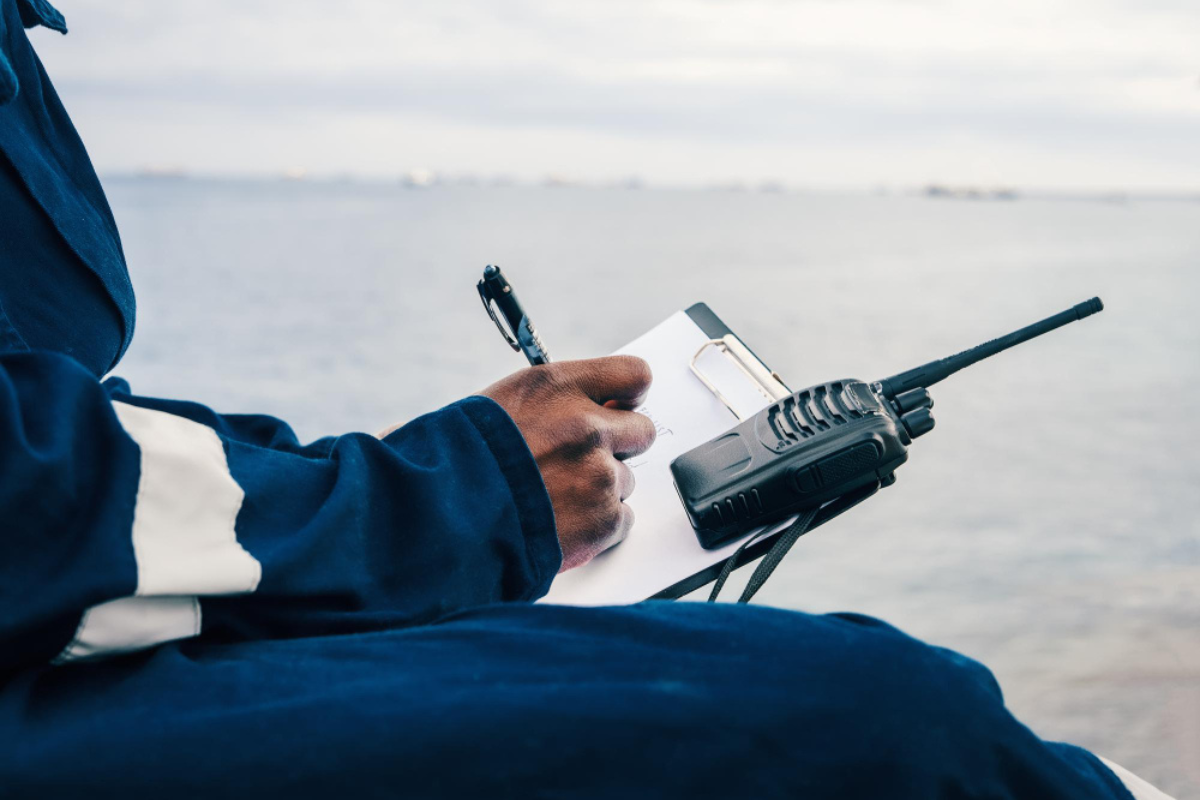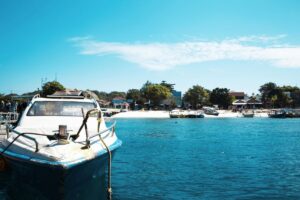For mariners and Coast Guard personnel in Florida, maintaining good health is more than just a personal goal—it’s a professional requirement. Whether you are getting ready for Physicals for Mariners Florida, a Coast Guard medical evaluation, or mandatory drug testing, diet is an essential factor in passing all of these evaluations and remaining mission-ready. Proper eating habits help keep your body strong and your health markers in check for these important tests.
In this blog, we are going to provide simple eating tips, backed by science, to keep mariners fit and ready for their medical assessments.
Why Nutrition Matters for Mariners
Working at sea requires physical stamina and mental acuity, and the resistance to stress that comes with stimuli such as irregular sleep and strenuous work. Nutrition is what helps fuel your body for these challenges, and nutrition can greatly influence the outcome of your medical evaluation as well. During the physicals for mariners, medical professionals look into important health markers, including blood pressure, cholesterol, blood sugar, and general physical condition.
Additionally, your diet can alter the results of your US Coast Guard Drug Test Florida. Your hydration level, metabolic rate, and functioning of the liver — are pivotal to how your body metabolizes food, drinks, substances, and medications.
Nutrition Tips to Prepare You for Your Workout
Prioritize Whole Foods
Whole foods — including fruits, vegetables, whole grains, lean proteins, nuts, and seeds — contain essential vitamins, minerals, and antioxidants that combat nearly every cause of an environmental stressor that can weaken your immune system.
- Vegetables and fruits deliver fiber and antioxidants that lower inflammation and maintain healthy blood pressure.
- Lean proteins, such as chicken, fish , and legumes, facilitate muscle repair and hormone balance.
- Items like whole grains can help stabilize blood sugar levels and provide energy for long shifts.
Avoid highly refined foods and sugar, which can lead to inflammation, fatigue and blood sugar roller coasters.
- Maintain Hydration
Dehydration can cause issues in all areas of performance, including aspects of cognition, mood, and performance, which are paramount for duty when mariners are on task. Drinking plenty of water is also going to help your kidneys filter toxins more efficiently (which is crucial when getting ready for drug tests).
In general, 8 glasses of water each day is the minimum to aim for, and increase intake during hot weather or physical exertion.
- Limit Sodium and Saturated Fats
High sodium consumption can increase blood pressure, a warning sign in your physicals. Salt is also likely to be present in high quantities in processed snacks, cheap canned soups, and fast food. Choose fresh foods, season with herbs and spices, and skip the added sugars and sodium.
Similarly, excessive saturated fats found in fatty cuts of meat and full-fat dairy can be a trigger for cholesterol. Replace these with more healthful fats, from sources such as olive oil, avocados, and fatty fish, which promote heart health.
- Manage Caffeine and Alcohol Intake
Too much caffeine may interfere with sleep and raise blood pressure, although moderate levels can actually boost alertness. Bad sleeping habits can lead to poor physical exam results and job performance.
Alcohol should be limited as it can affect the function of your liver and hydration state – two main considerations that affect how your overall health and drug test results.
- Plan Your Meals Around Your Work Schedule
Irregular shifts and long periods at sea can also disrupt normal eating habits. Planning healthy, balanced meals and snacks can keep your energy high and may help you avoid poor food choices. Nuts, fruit, and whole-grain crackers that you can easily carry in your pocket or a bag (and share with colleagues) are great for staying fueled on long shifts.
Foods to Focus On for Optimal Health
Leafy greens (spinach, kale): Packed with potassium and magnesium, minerals that assist in the control of blood pressure.
Berries (blueberries, strawberries): Full of antioxidants; help support heart and brain health.
Fatty fish (salmon, mackerel): Loaded with omega-3 fatty acids, have an anti-inflammatory effect, and are excellent for the heart.
Nuts and seeds (almonds, chia seeds): Give you healthy fat and protein for maintaining energy.
Legumes (beans, lentils): Great sources of plant-based protein and fiber.
Incorporate a variety of these foods to cover all essential nutrients.
Final Tips for Success
Keep a food journal: Tracking what you eat can help you identify where things might not be going so well.
Exercise regularly: Activity supports good nutrition and enhances cardiovascular fitness.
Consult a healthcare provider: Before your US Coast Guard Physical Florida, discuss any diet and medications with your medical examiner or dietitian.
Prepare Smartly for Your US Coast Guard Exam
Healthy eating is essential for mariners who must remain healthy and adhere to the professional standards associated with the medical requirements of work. A diet rich in whole foods, proper hydration, and balanced nutrition can help regulate blood pressure and sustain your energy levels, boosting energy and promoting well-being. These habits are especially important when preparing for your US Coast Guard Physical Florida, where your physical health and readiness are carefully assessed.
Sea Medicine, founded by Dr. Auren Weinberg, MD, provides professional, accessible medical certification and drug-testing services specifically for Florida mariners. We are here to help you stay healthy and compliant on the water.
Call (727) 648-2402 or email aweinberg@medavex.org to book an appointment.





